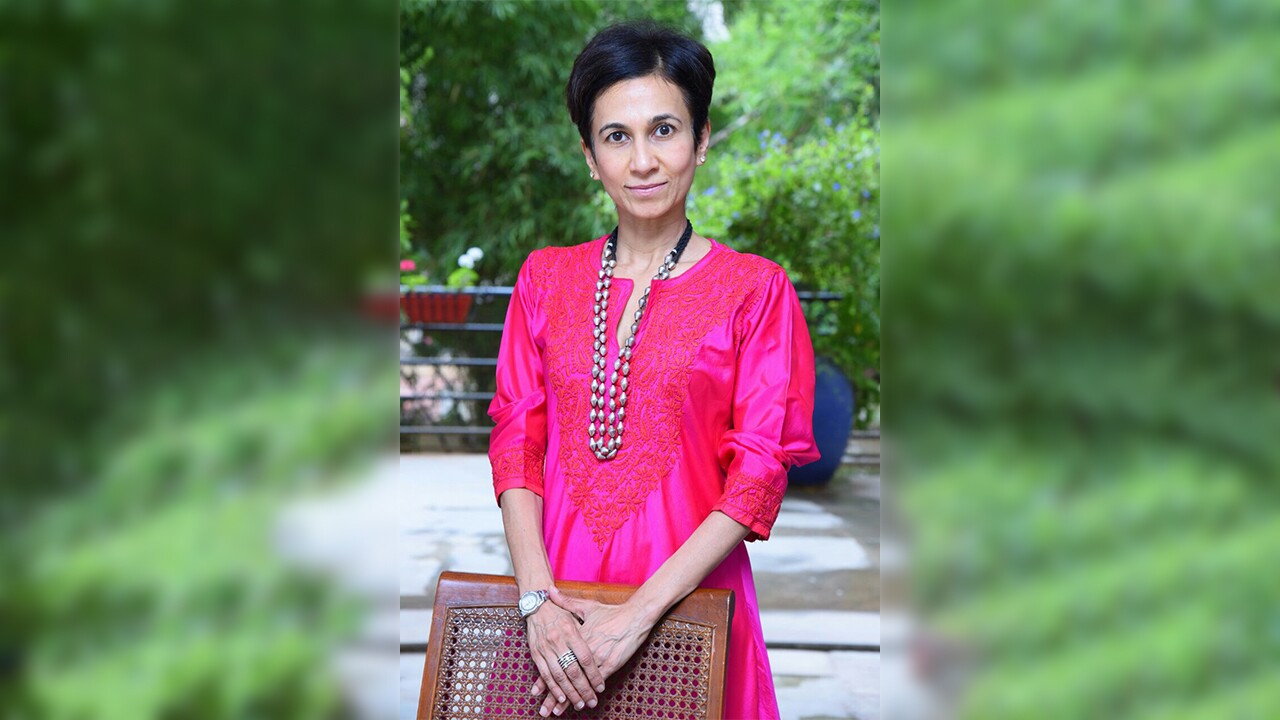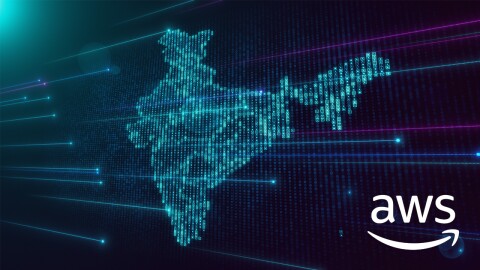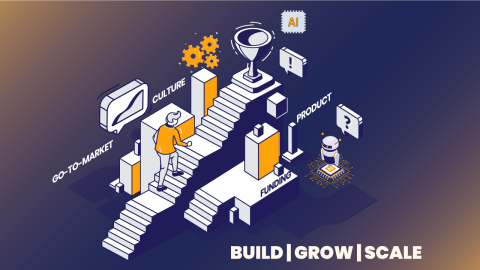Finally, the latest reports on the gender gap in the technology industry in 2022 are heartening. Deloitte Global predicts that large global technology firms, on average, will reach nearly 33% overall women representation in their workforces in 2022, an upward trend from 2019.
Leading up to this year’s International Women’s Day, we had in-depth conversations with Vaishali Kasture and Deepti Dutt, both senior leaders and powerful voices at AWS India. We asked them questions on a variety of topics concerning women in technology and what could be done better or differently. Here we outline their unique professional journeys spanning two decades along with their candid viewpoints and insights.

Be hungry to learn and stay relevant
Vaishali Kasture joined AWS as an ISV segment leader and now heads the Enterprise Segment, primarily responsible for Top Enterprise, Mid-Market and Global customers. An MBA graduate, she began with a banking pathway at Citi, switched to BPO before finding her groove in technology. She has worked in multiple geographies - India, Japan and Hong Kong – carrying out different sales and operations roles. As a leader, she has served as Managing Director at Goldman Sachs, India and as Managing Director & CEO at Experian.
Break status quo and build distinctiveness
Deepti Dutt leads the strategic business development function for the public sector organization at AWS India. She’s deeply entrenched in building solutions with partners and startups around smart infra and impact domains such as urban, utilities, transport, digital agriculture and citizen services. In an earlier avatar, Deepti had worked at NIIT Ltd and IBM India and switched paths to become a part of the core team developing the Aadhaar solution with Unique Identification Authority of India (UIDAI). With this ringside view of how national level programs are designed and implemented, a few years later, she was back at IBM driving a pivotal light house project for the Government of India’s 100 Smart Cities Mission.

Deepti’s life choices are ruled by her heart. She strongly resonates with Jeff Bezos’s words, “Differentiation is Survival and the Universe Wants You to be Typical.” She is pleased with the equity and trust built into the Day One culture at AWS, “Women here work hard, play hard, and make history every bit as much as men do,” she says.
Women in tech are important as we shape a digital future
AWS strives to be Earth’s Best Employer and is working to enable a workplace where builders spanning all dimensions of diversity feel a strong sense of belonging and can thrive. Their customized and targeted programs are designed to attract, on-board and retain women employees. The industry as a whole has a way to go to reach equitable representation and diversity. As Deloitte reports, the proportion of women in technical roles will also nudge up, though it has tended to lag by about eight%. So, we asked Vaishali and Deepti why there were so few women in tech.
Drawing from experience, Vaishali believes, “Often it is the family that discourages girls from taking up STEM careers. The bias starts early. Girls are told boys will do maths and science, and girls should do humanities. Careers in tech are considered tough. There is also a lack of role models - what you can’t see, you can’t be…”
Deepti brings up an important point – the significant drop in number of women at managerial and C-suite levels. She says, “Many women between the ages 30 to 40 drop out of the workforce – for reasons besides childbirth and maternity care – whenever there are tough situations in the family that demand prolonged physical presence at home or for caregiving. Many women who want to come back to work after taking a two or three years break find it challenging to land a new role – their skills may have become irrelevant and often they lack the confidence to start afresh.”
As we move to a digital-first world, having greater diversity and more women in tech is the way to ensure there is no systemic bias in the digital world. As Vaishali puts it, “50% of the world’s population is women. Therefore, women need to be an important part of all decision making. Women need to be where decisions are being taken. Diverse teams drive better outcomes. A McKinsey study showed that diverse teams gave better ROI, took better risks and drove better profitability.”
Deepti substantiates, saying, “50% of the customers that tech serves are women – so having fewer women involved in developing the tech means the customers’ viewpoint is underrepresented. It makes business sense to have more women in tech who can bring in empathy and user perspective to new age solutions. A less diverse workforce is less conducive to innovation and therefore stalls business growth in the long term.”
Building diversity at the workplace
Their insights lead to pertinent questions: What should companies do to attract women to a career in tech? And how can they retain women better? A more focused retention strategy for women in higher managerial positions is warranted. Deepti says, “There is a lot of focus on improving maternity leave support. While that is a step in the right direction, allowing for longer sabbatical leaves would be a helpful step.”
Vaishali suggests a four-point strategy, “1) Engage with girls early - encourage them through a variety of programs in schools and colleges to enhance their interest in STEM. 2) Attract them to a career in tech, 3) Offer the balance and flexibility they need in the crucial and sensitive years of their life when they carry the disproportionate responsibility for childcare and elderly care. 4) Excite and encourage them to climb the ladder and raise their hands for tough leadership roles. Invest in their careers and give them confidence through sponsorship programs.”
In parting, we asked both leaders what they might choose to do differently if they could go back in time. Deepti’s reminder to her younger self is, “Be easy on yourself… cook once and repeat the same food for two or three meals, take a day off from work to attend your child’s parent teacher meeting, leave the house messy on weekends, read a book or binge watch Netflix – it is okay!”
Vaishali tells herself, “Dream with ambition, lead with conviction… And remember you are powerful, your voice matters. Raise your hand, ask for that hot job, speak up, take a seat at the table.”










